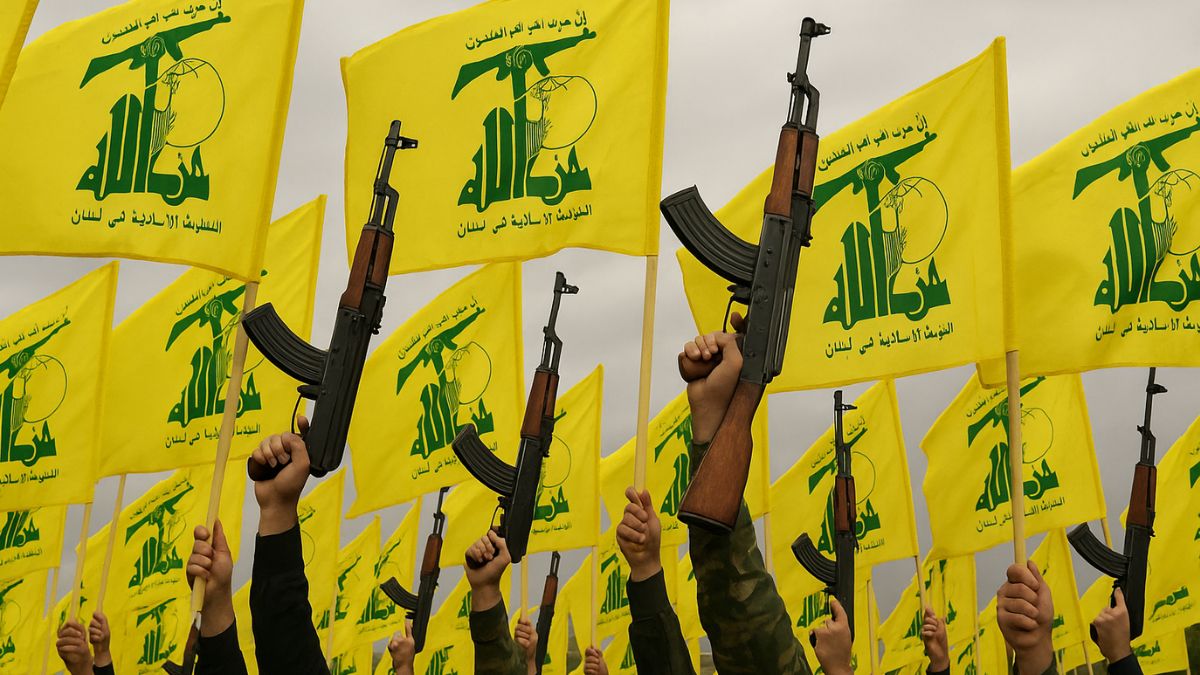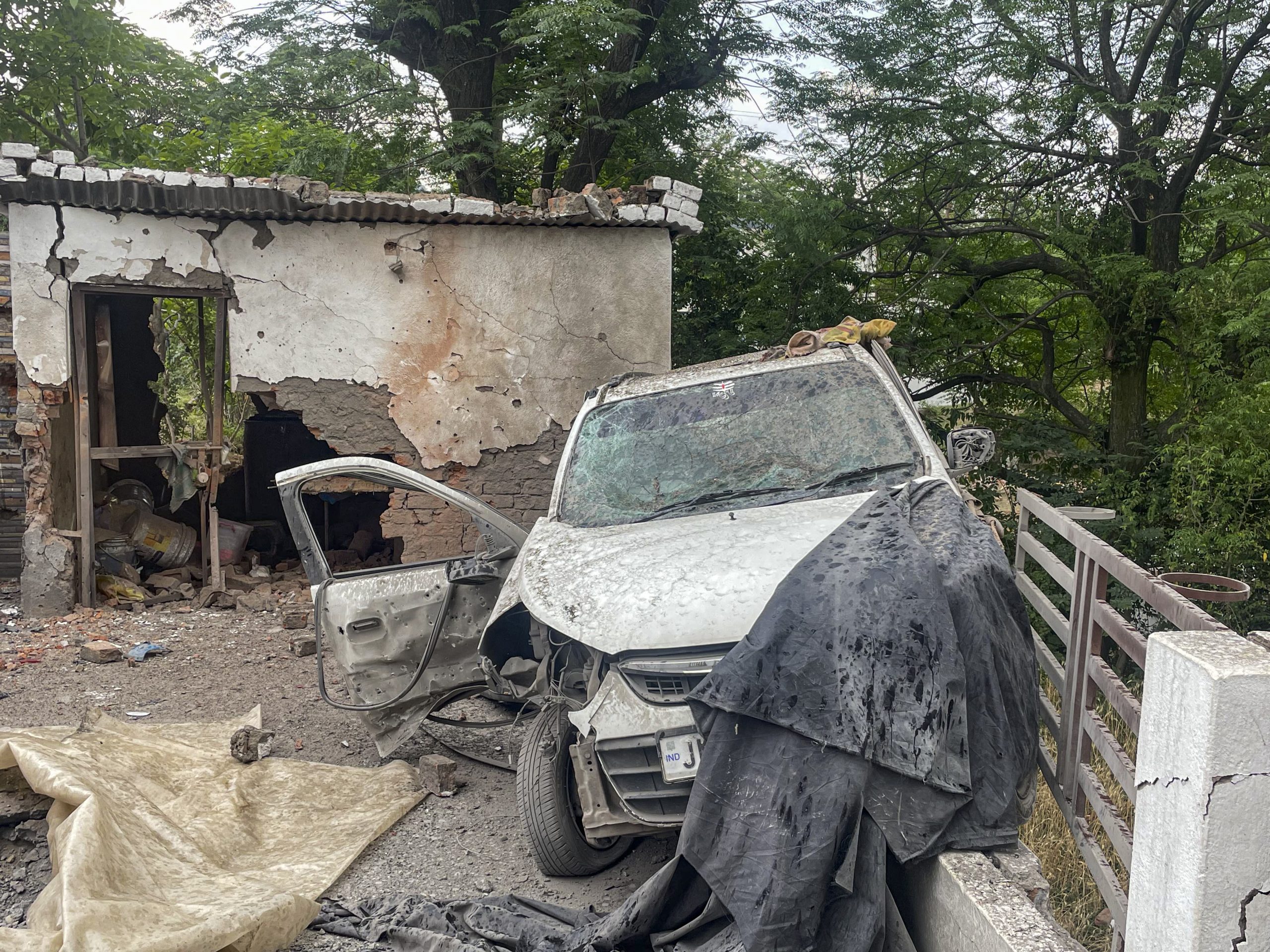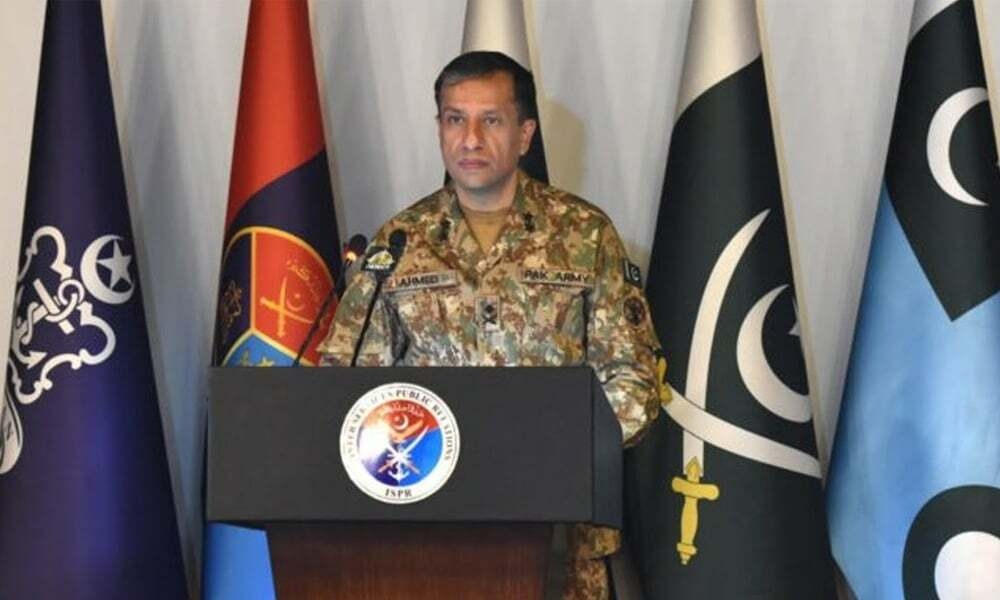Hezbollah Says Lebanon’s Bid To Disarm Group ‘Grave Sin’, Will Treat ‘As If It Does Not Exist’

Hezbollah has decried Lebanon's attempts to disarm the group, calling it a "grave sin". Image courtesy: AI-generated picture via DALL-E
Hezbollah has rejected a Lebanese government decree to establish a state monopoly on arms, calling it a “grave sin” that serves Israel’s interests. The move, authorised by the cabinet on Tuesday (August 5), tasks the Lebanese army with drawing up a plan by year-end to ensure weapons are held only by six state security forces.
The decision, which marks an unprecedented step against Hezbollah’s longstanding military presence, comes amid growing US pressure on Beirut to rein in the Iran-backed group. Washington has warned that failure to disarm Hezbollah could lead to intensified Israeli strikes, as violations of the November truce continue almost daily.
Why has Lebanon government ordered a state monopoly on weapons?
The Lebanese cabinet, in a six-hour session at the presidential palace on Tuesday, authorised the army to submit a disarmament plan by the end of the year. Prime Minister Nawaf Salam confirmed the decree after the cabinet meeting, saying it is “the state’s duty to monopolise the possession of weapons”, according to Lebanon’s state-run National News Agency (NNA). According to Information Minister Paul Morcos, the army has until the end of August to submit the first version of the plan.
This is the first time the Lebanese government has formally addressed Hezbollah’s weapons stockpile in a cabinet decision. The development comes in response to a US-brokered proposal that includes disarming Hezbollah in exchange for Israel withdrawing from five southern Lebanese positions and halting its airstrikes.
However, ministers were divided over whether to commit to such a pledge. Some, like Kamal Shehadi of the Lebanese Forces Party, argued that “there’s frankly no need to kick the can down the road”, while others warned it could stoke communal tensions.
How has Hezbollah responded to the cabinet’s decision?
Hezbollah’s written response on Wednesday was defiant. The group condemned the government’s move as being dictated by the United States and claimed it would “deal with it as if it does not exist”. It declared the plan as one that “fully serves Israel’s interest” and insisted that Lebanon must retain “its weapons to resist the Israeli enemy”.
Shia ministers aligned with Hezbollah walked out of the cabinet session before the decree was finalised, and two other Shia ministers were absent due to travel. Hezbollah’s deputy leader, Naim Qassem, reiterated the group’s stance in a televised address, warning that the group would not accept disarmament without national consensus. “The strategy is not a timetable for disarmament,” he said. “We consider ourselves a fundamental component of Lebanon.”
What are the implications of this decision?
The government’s decree, though yet to be implemented, is a major political challenge to Hezbollah’s dominance. It would have been unthinkable just two years ago. Backed by Iran and historically immune to disarmament pressure, Hezbollah now finds itself on the defensive amid mounting international scrutiny and domestic rivalry.
US envoy Thomas Barrack’s June proposal had called for a formal commitment to Hezbollah’s disarmament in return for an Israeli ceasefire. But Hezbollah’s rejection of the terms, read aloud by Qassem, and its subsequent show of strength with motorcycle rallies in Beirut, show continued defiance. Meanwhile, Speaker of Parliament Nabih Berri sought to diffuse tensions by proposing a watered-down phrase that commits Lebanon to a general national defence strategy rather than a specific disarmament deadline.
As Israel continues to strike suspected Hezbollah targets in the south despite the truce, Lebanese officials and diplomats fear that failure to issue a clear stance could provoke a wider war that Beirut may not be prepared to face.







